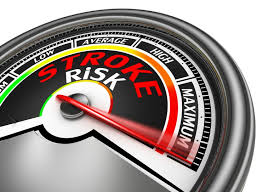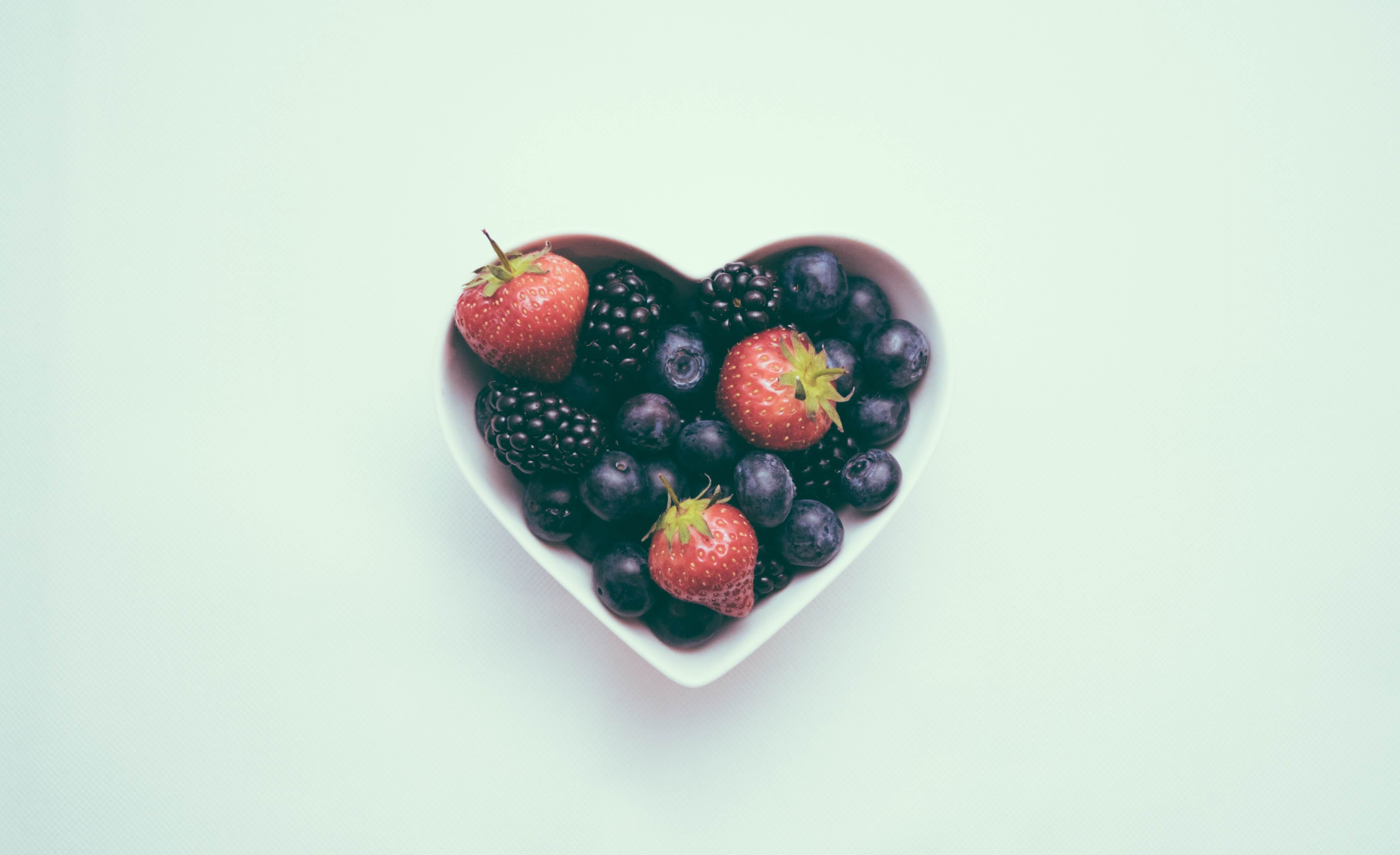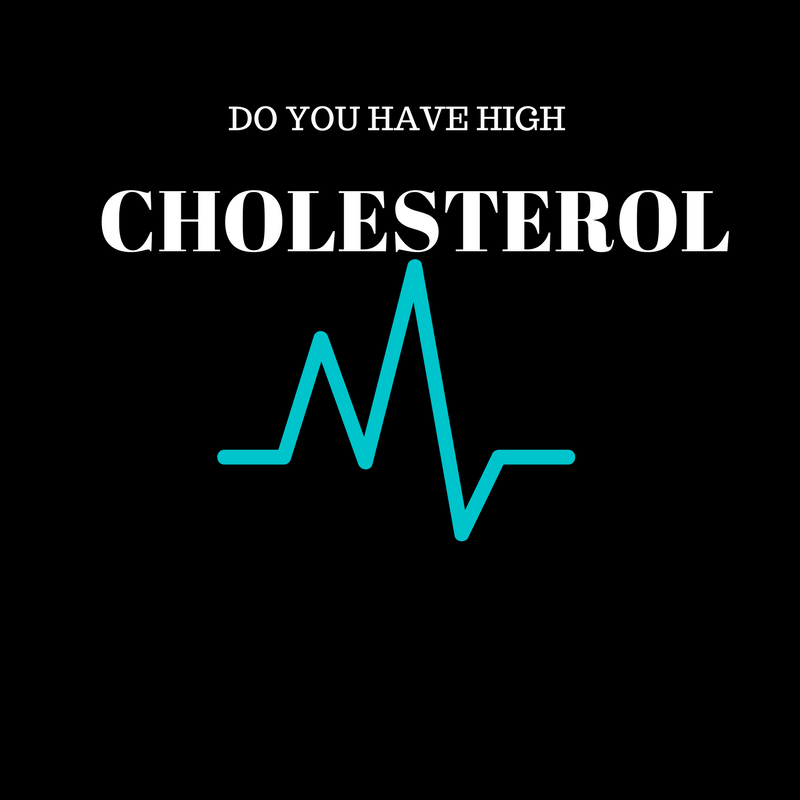Cholesterol is a type of fat that circulates in your blood. Your body needs some cholesterol to work properly, but when you have high cholesterol (hyperlipidemia) it speeds up the process of atherosclerosis. This is when plaque builds up in your artery walls, narrowing arteries and restricting blood flow. Eventually, the plaque can get so large and hard that it cracks, and a clot forms over the plaque. If this clot blocks an artery it can cause a heart attack or stroke. There are no symptoms for high cholesterol so many people are unaware they have it. The only way to find out is to have a blood test.

What causes high cholesterol?
We don’t always know what causes high cholesterol. For some people, their liver makes too much cholesterol. This condition often runs in families, which means that a close blood relative (such as a parent) may have it as well. For those people, no matter how much they modify their diet, they may still have high cholesterol. Other factors that contribute to high cholesterol and heart disease are what you have been eating and drinking, how much you are moving each day, and being overweight.
There is only one type of cholesterol, but it is carried around the body by different ‘carriers’ (lipoproteins) that have different tasks. There are two types of carriers: LDL (low-density lipoprotein) and HDL (high-density lipoprotein).
LDL-cholesterol.
Known as ‘bad’ cholesterol The role of LDL in the body is to transport cholesterol to all organs for use in building cells LDL is like a large ‘dump truck’, and dumps cholesterol in the artery walls.
HDL-cholesterol.
HDL cholesterol is like a ‘pick up’ truck that picks up and transports cholesterol from the bloodstream to the liver, which gets rid of it The role of HDL in the body is to carry extra cholesterol away from the arteries to the liver Known as ‘good’ cholesterol. Triglycerides are the most common form of fat in your body. The role of triglycerides is to store and transport fat in the blood. Extra energy from food and alcohol that your body does not need is changed to triglycerides. High triglycerides increase your risk of heart attack and stroke.

What can I do to lower my cholesterol?
Making healthy changes to your lifestyle will help you manage your blood pressure, cholesterol and lower your risk of heart attack or stroke. Your doctor may suggest medications as an option that can lower your cholesterol and risk of heart attack and stroke. The thought of making changes may seem overwhelming, but the good news is that even a small change can have a positive impact. You can choose to work on as many or as few risk factors as you would like. The more you change, the better the result. Some areas to look at Changing
• Smoking – if you smoke try to stop there are lots of options out there these days that can help you achieve this • Move more – Exercising and keeping active can help lower you Cholesterol and keep it at a safe level. • Eat and Drink for a healthy heart – Choose whole foods and limit alcohol intake • Reach a healthy weight and maintain it - by continuing to eat healthily and exercising regularly • Manage Stress levels – take time out at least once a day to do something for yourself • Have a good sleep – Aim for at least 8 hours sleep a night this will also help with stress and weight management

Diet plays an important part in your cholesterol levels. It can both raise and lower your numbers. Here are 6 LDL cholesterol lowering foods for you to enjoy.
- Whole Eggs
- Walnuts
- Lentils
- Beans
- Trout
- Garlic
Consult you doctor and ask for a blood test if you think you might have high cholesterol. Start making small changes today for a better you tomorrow!


